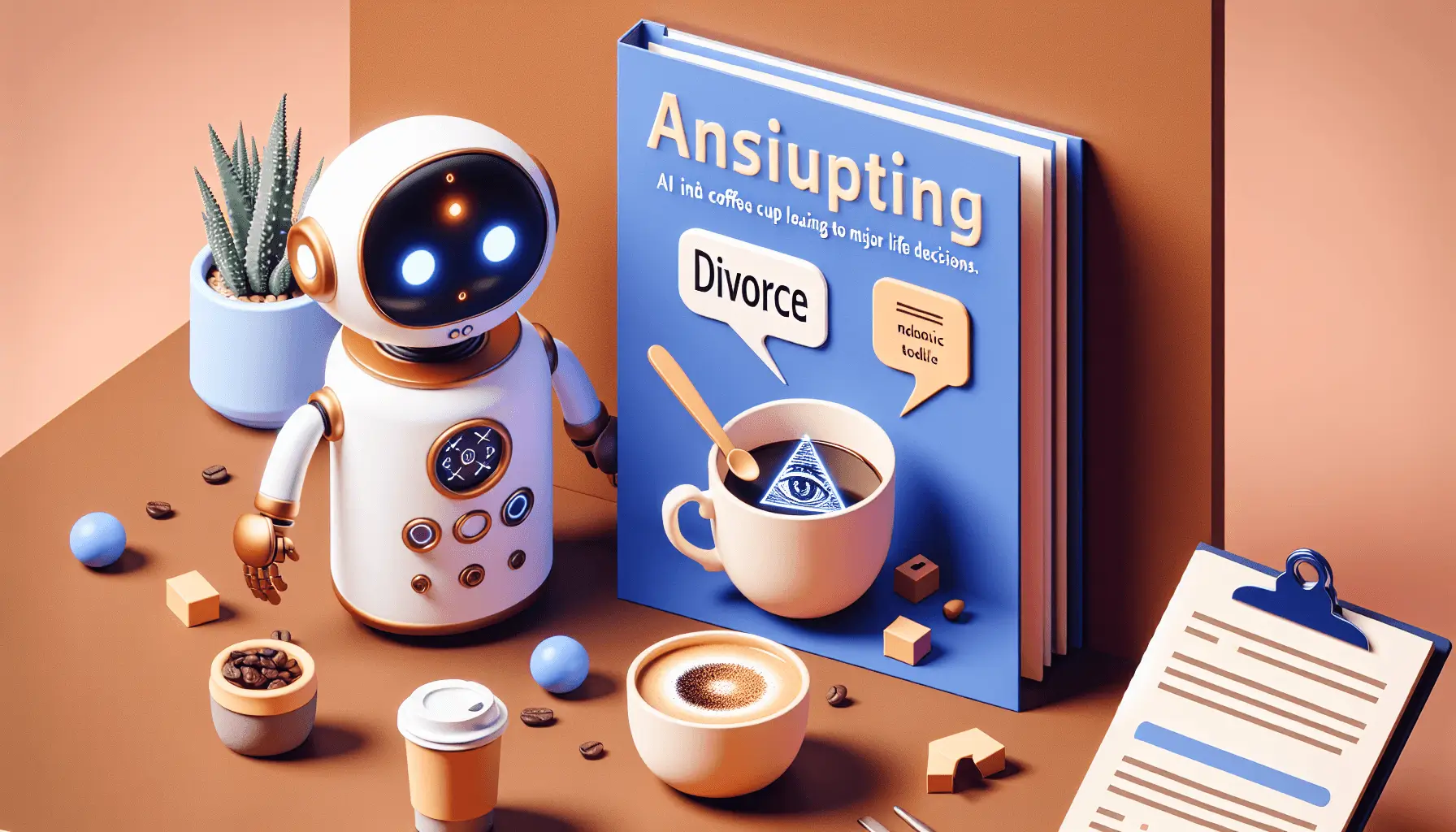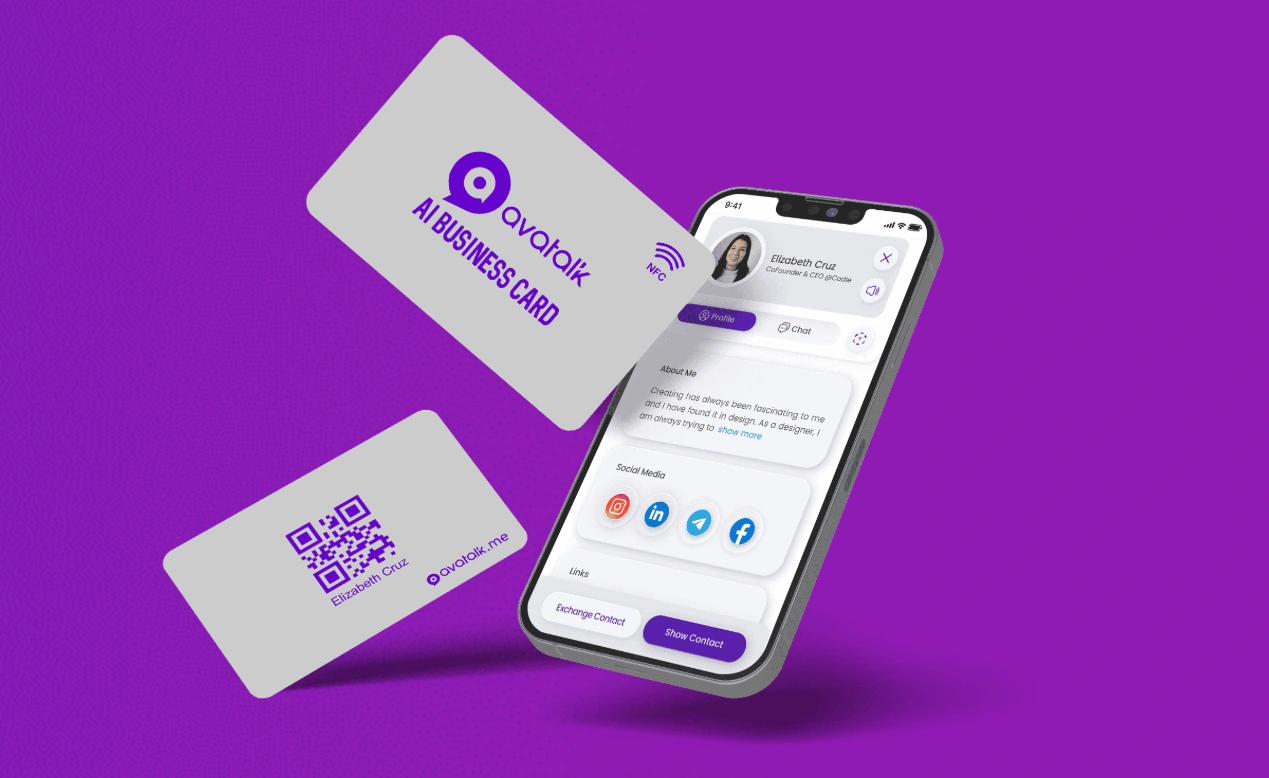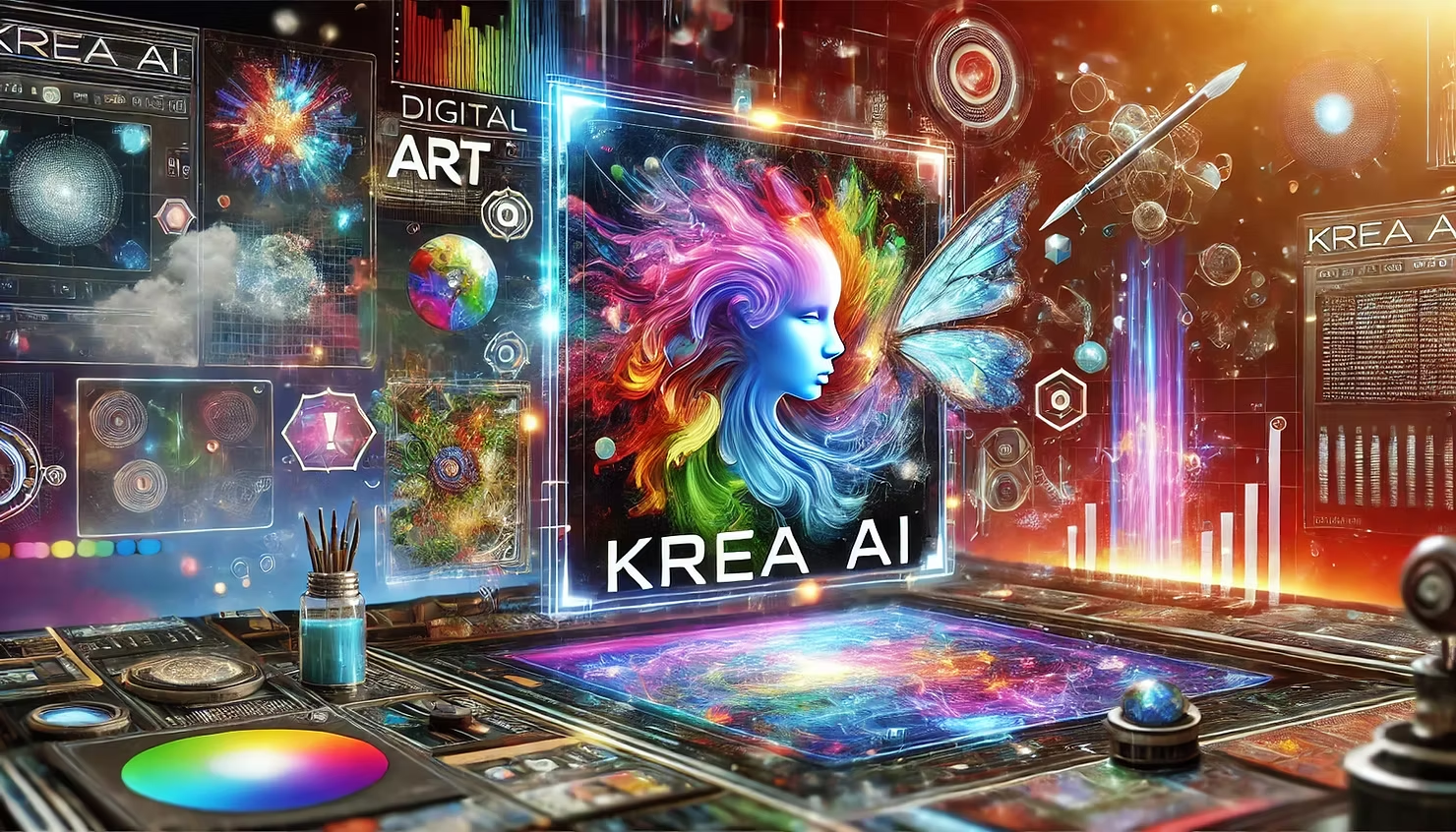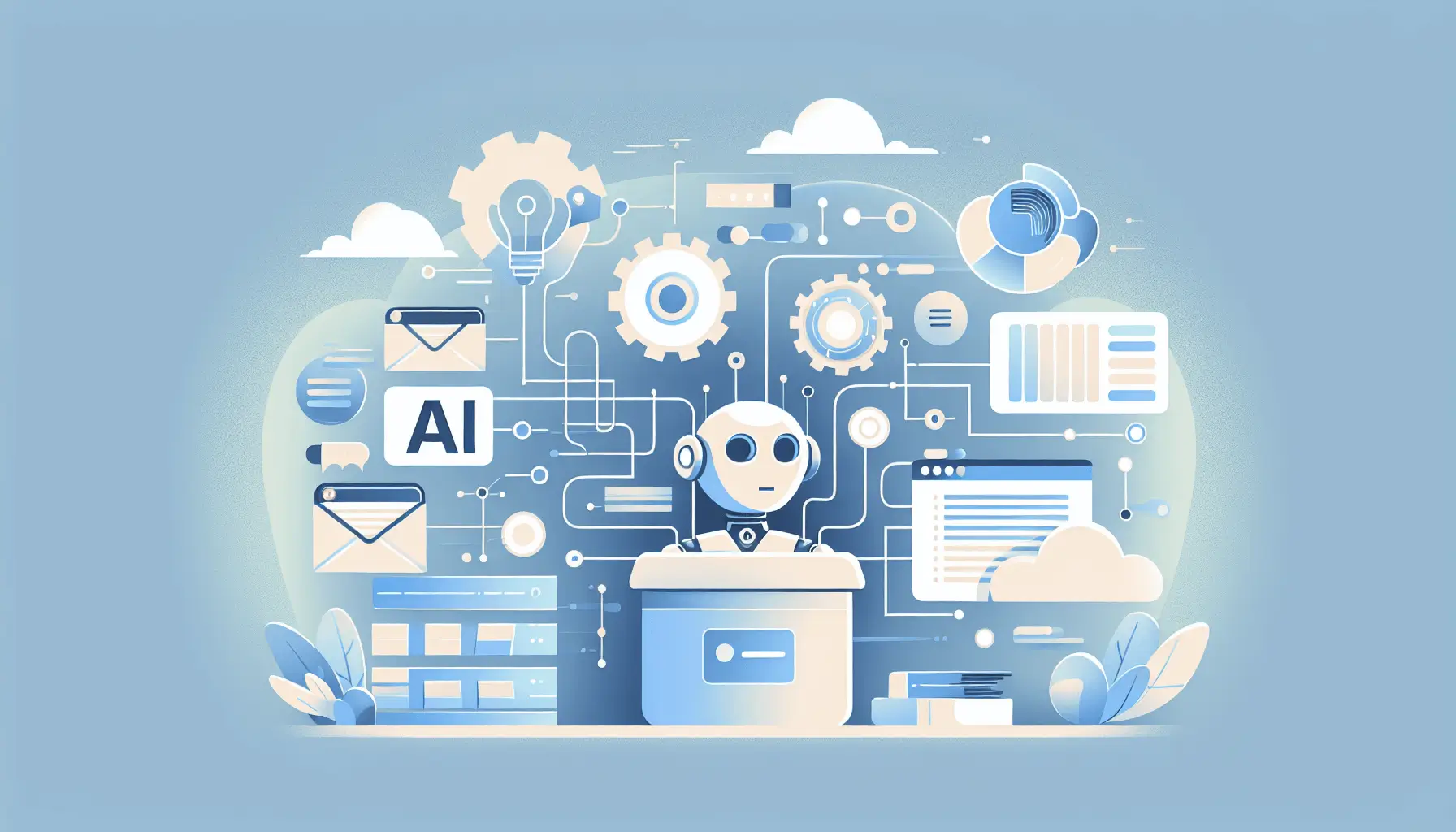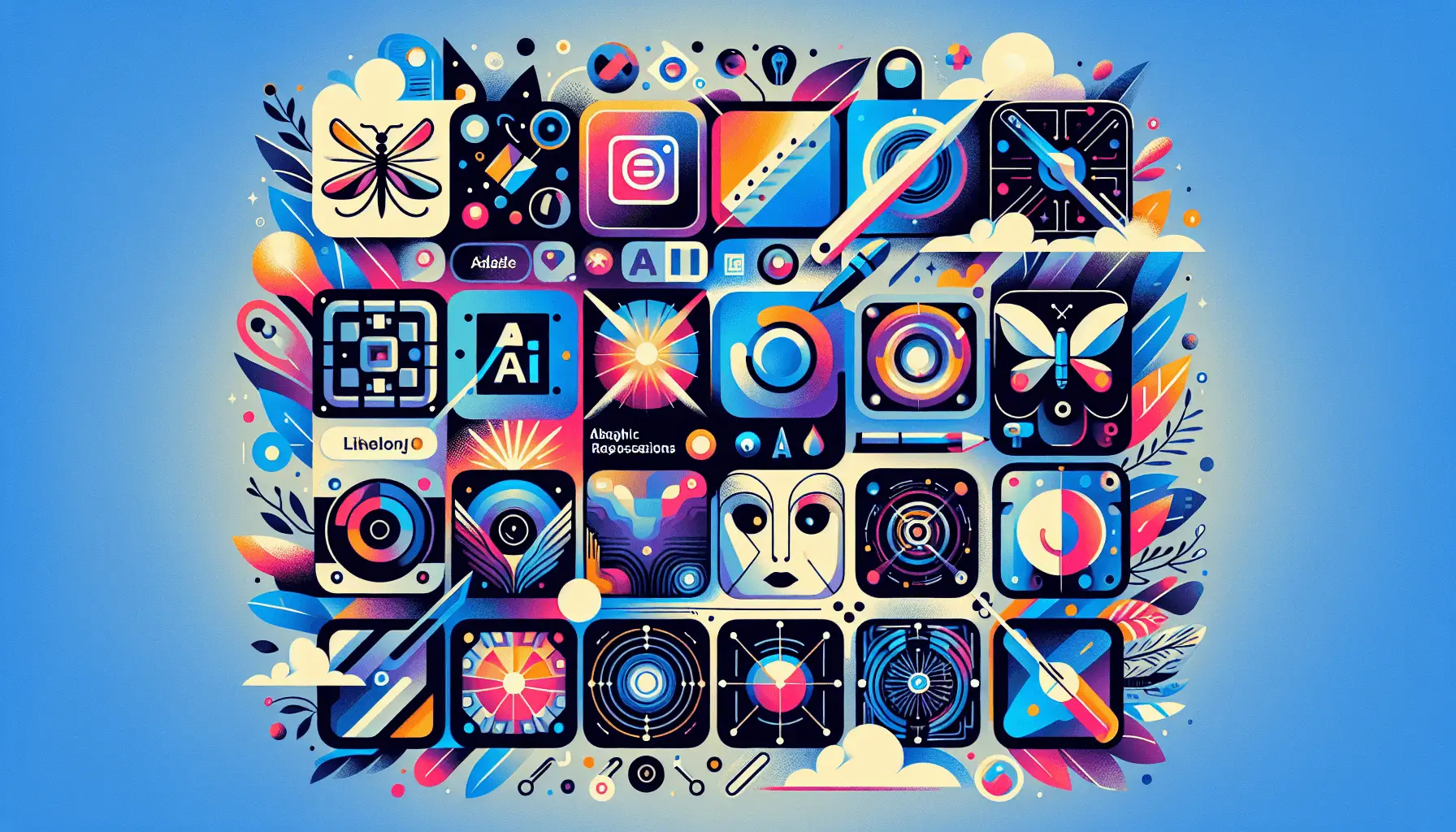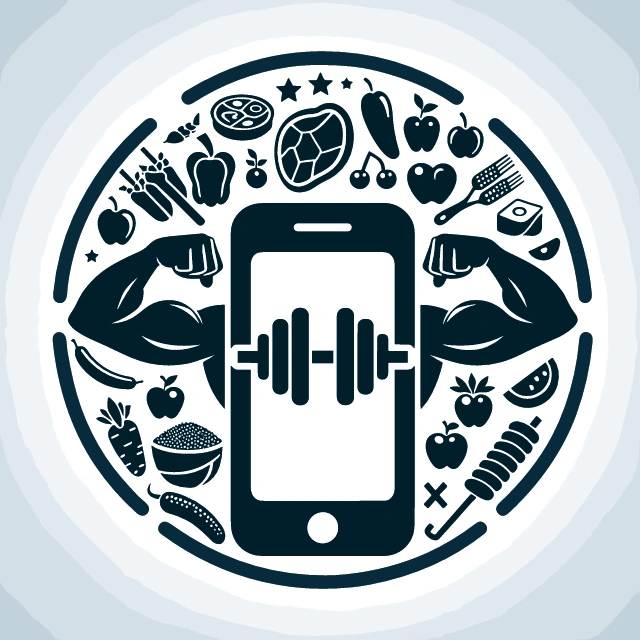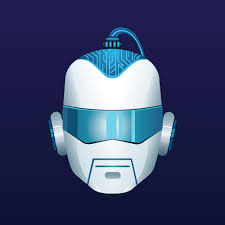ChatGPT’s Coffee Cup Reading Leads Woman to Divorce
So, here’s a story that sounds like it’s straight out of a sci-fi novel: a Greek woman recently used ChatGPT to uncover her husband’s infidelity by analyzing his coffee cup residue. Yes, you read that right. Tasseography, the ancient art of coffee cup reading, has gone digital, and AI is now playing the role of the fortune teller.
The Digital Fortune Teller
Imagine this: you’re sipping your morning coffee, and instead of pondering your day’s to-do list, you snap a picture of the leftover grounds and send it to ChatGPT. Why? Because, apparently, AI can now interpret coffee stains and reveal your deepest secrets. Who knew?
From Grounds to Grounds for Divorce
Our protagonist, let’s call her Maria, decided to test this out. She took a photo of her husband’s coffee cup residue and fed it to ChatGPT. The AI, in its infinite wisdom, analyzed the patterns and, lo and behold, suggested that her husband might be unfaithful. Now, whether ChatGPT has a ‘cheating spouse’ algorithm or it was just having a bad day is up for debate. But Maria took this revelation seriously.
AI: The New Relationship Counselor?
Armed with this AI-generated insight, Maria confronted her husband. The details of that conversation are private, but the outcome was a decision to divorce. It’s a bold move to base such a life-altering decision on an AI’s interpretation of coffee stains. But hey, who are we to judge?
What Does This Mean for AI and Relationships?
This incident raises some intriguing questions:
- Should we trust AI to make personal judgments?
- Is it wise to base relationship decisions on machine-generated insights?
- How much weight should we give to AI interpretations in our personal lives?
While AI can process vast amounts of data and identify patterns we might miss, it’s still a tool created by humans, with all our biases and limitations. Using it as a definitive source for personal decisions might be a stretch.
The Future of AI in Personal Life
As developers and AI enthusiasts, we need to consider the ethical implications of our creations. Are we comfortable with AI influencing personal relationships to this extent? Should there be guidelines on how AI is used in such sensitive areas?
In the end, while AI can offer insights and suggestions, the human element—our intuition, emotions, and personal experiences—should remain at the forefront of our decisions. After all, do we really want to live in a world where our coffee cups dictate our love lives?
